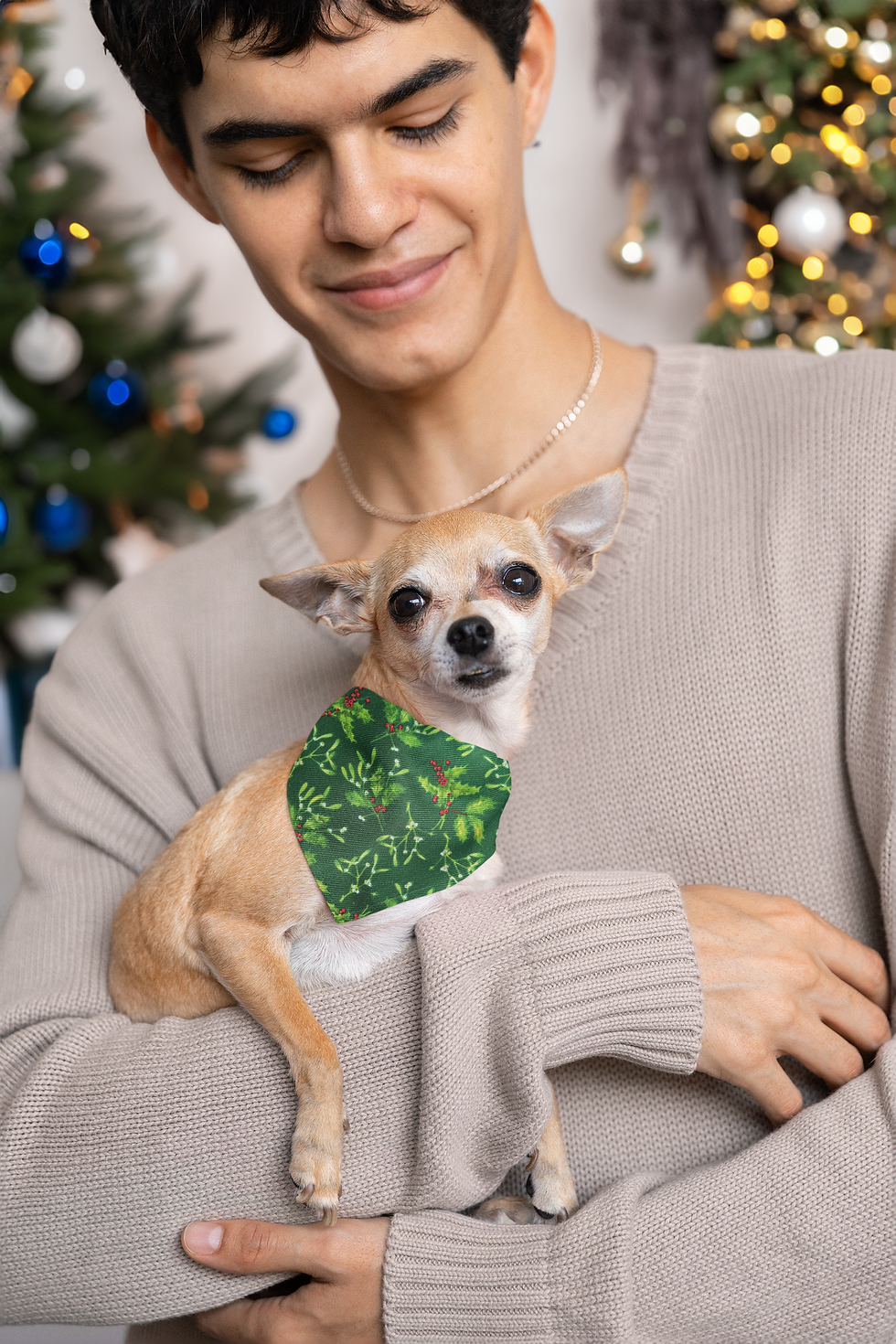When to Start Training Your Puppy: Setting Boundaries from Day One
- Megan Brown
- Jul 19, 2023
- 2 min read
Bringing a new puppy home is an exciting and joyful experience. From the moment you welcome them into your family, training becomes a crucial aspect of their development. While many puppy owners may wonder when to start training, the answer is clear: it begins as soon as you bring them home at around 8 weeks of age. Training your puppy early on and setting clear boundaries is essential for their well-being and your harmonious coexistence. In this blog post, we will explore the importance of starting training early and provide helpful tips for setting boundaries with your furry bundle of joy.

The Importance of Early Training: Training your puppy from a young age is vital for shaping their behavior and ensuring they grow up to be well-mannered, obedient, and happy dogs. Puppies have a remarkable capacity for learning, and starting training early helps establish good habits, prevents unwanted behaviors, and strengthens the bond between you and your furry friend. By setting boundaries from day one, you create a structured environment that promotes their safety, socialization, and overall development.
Key Training Principles:
a. Consistency: Consistency is key when training a puppy. Establish consistent routines, commands, and expectations, so they can understand and follow them consistently.
b. Positive Reinforcement: Reward-based training methods, using treats, praise, and play, are highly effective in motivating and encouraging desired behaviors.
c. Patience and Persistence: Training takes time and patience. Be prepared for setbacks and be persistent in your training efforts. Celebrate small victories and maintain a positive attitude.
Setting Boundaries:
a. House Training: Start house training immediately upon bringing your puppy home. Establish a regular routine for feeding, bathroom breaks, and crate training. Consistency and positive reinforcement will help your puppy understand where and when they should eliminate.
b. Socialisation: Expose your puppy to various people, animals, and environments early on to promote positive socialization. Introduce them to new experiences gradually and ensure they have positive interactions to build confidence and reduce anxiety.
c. Basic Commands: Teach your puppy basic commands like sit, stay, come, and leash manners. These commands form the foundation for obedience and communication, allowing you to maintain control in various situations.
d. Boundaries at Home: Set boundaries within your home, such as restricted areas or furniture rules. Use positive reinforcement to redirect your puppy's behavior and provide appropriate alternatives.

Training your puppy and setting boundaries from the moment they join your family is a crucial investment in their future well-being and your harmonious relationship. By starting early, maintaining consistency, and using positive reinforcement, you can guide your puppy towards becoming a well-behaved, confident, and happy adult dog. Remember, training is a continuous process that evolves as your puppy grows, so stay patient, persistent, and always reward their efforts. Embrace the journey and enjoy the incredible bond you'll develop with your four-legged companion.






Comments